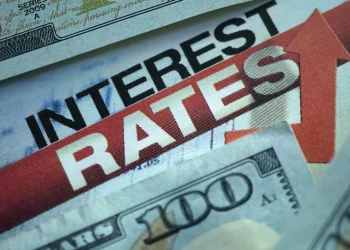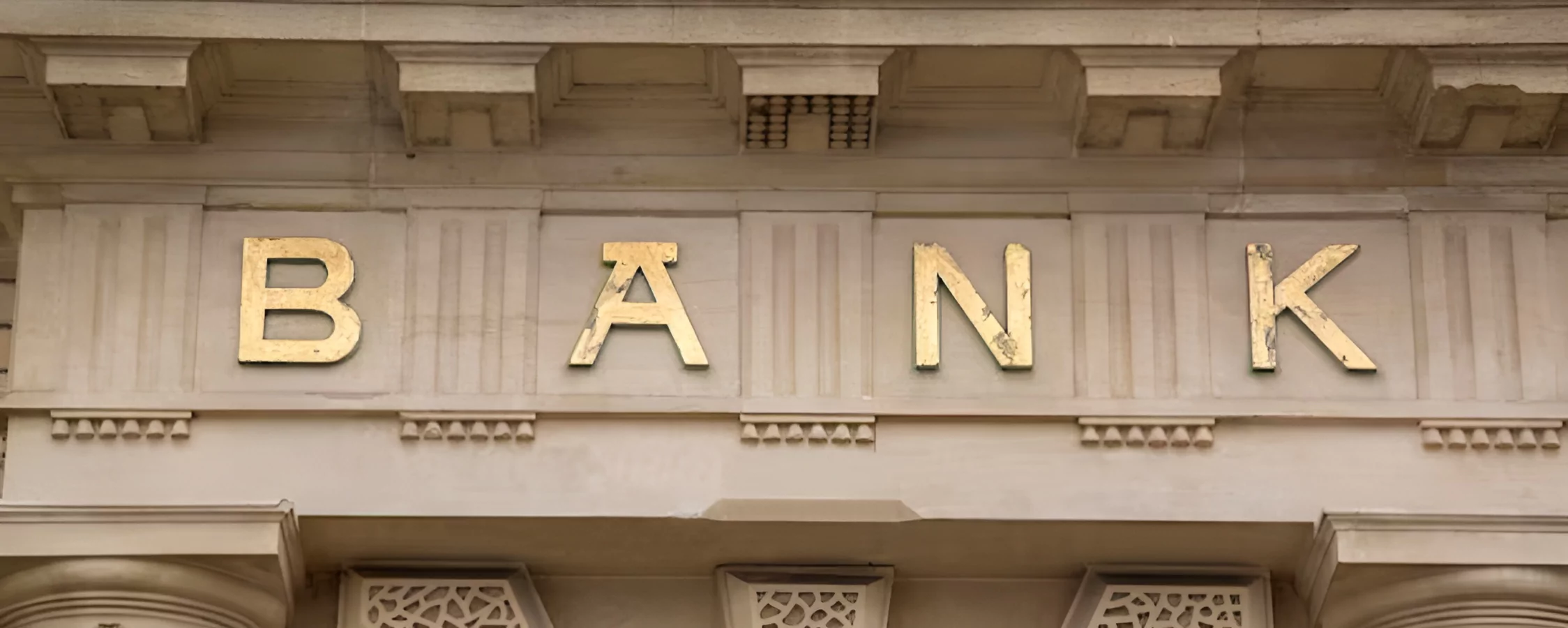The stock market is very crucial to the global economy. Allowing the public trading of stock shares enables corporations to raise cash and investors to participate in the financial development of enterprises. One essential feature of stock markets that investors must grasp is trading hours—the particular periods when buying and selling are permitted each day. The opening hour may appear to be unjust, yet it has a substantial influence on market participation and overall market conditions. Now let’s answer our question, what time does the stock market open?
History of Stock Market Hours
Originally, stock trading was done manually on real trading floors. The New York Stock Exchange (NYSE), which began in 1792, originally ran from 10 a.m. to 3 p.m. Trading hours gradually expanded to meet shifting investor demands and keep up with technology advancements. The development of telegraph technology in 1867 allowed the NYSE to open at 10 a.m. and end at 3 p.m.
By the early twentieth century, as trading volumes increased, the NYSE expanded its hours from 10 a.m. to 3:30 p.m. To correspond with other major exchanges across the world, the opening time was changed to 10 a.m. and the closing time to 2:30 p. In the decades that followed, opening timings shifted increasingly earlier, but closing times remained reasonably consistent between 2-4 PM. By 1995, electronic communication networks (ECNs) allowed trade to take place almost continuously.
What Time Does the Stock Market Open?
The major US stock markets are now open from 9:30 a.m. to 4 p.m. Eastern Time on weekdays, with modest variations depending on the exchange. The NYSE officially begins at 9:30 a.m., whereas the NASDAQ opens one minute sooner at 9:29 a.m. Trading continues until 4 p.m. when the markets close at the same time. This scheduling achieves a balance between investor requirements and market integrity by coordinating worldwide hours.
Impact of Hours on Investors
Stock market hours have a huge impact on how investors trade. Investors plan their strategy before the market opens, but they cannot act until 9:30 a.m. The morning session, from 9:30 to 11:30 a.m., is often the most turbulent, as traders respond to overnight news. Liquidity then tends to diminish as the 4 PM close approaches, necessitating more careful transaction timing. Institutional investors base their daily operations and research on these set periods.
Role of Technology in Trading Hours
Developments such as ECNs enabled practically continuous trading by electronically connecting liquidity sources behind the scenes. Later advancements, such as automated algorithmic trading, significantly reduced bid-ask spreads while increasing total volume and turnover outside of usual business hours. However, major exchanges have not considerably changed their core hours due to concerns about transparency, fairness, and systemic stability associated with combined trading hours.
Global Stock Market Hours
While the NYSE, NASDAQ, and CME follow a consistent 9:30 AM – 4 PM schedule, other worldwide centers have different hours to account for time zone variances. For example, the London Stock Exchange opens at 8 a.m. and closes at 4:30 p.m., UK time. In Asia, the Tokyo Stock Exchange is open from 9 a.m. to 3 p.m. Japanese Standard Time, while the Shanghai Stock Exchange is open from 9:30 a.m. to 3 p. Synchronization technology makes it easier for investors to track overlaps across areas.
The Future of Trading Hours
Several things might influence future stock market hours. One option is to lengthen the US trading day, either by opening earlier, closing later, or both. Incremental changes, such as relocating the opening hours to 9 a.m. and close to 5 p.m. Furthermore, as robo-trading grows, some advocate transitioning to practically continuous trading, similar to FX markets. However, major exchanges remain cautious due to the possibility of abrupt gaps or volatility after hours.
When Does The Bond Market Open and Close?
Bond markets usually trade from 8:00 a.m. to 5:00 p.m. ET. Bond markets are set to close on the same days as the NYSE and Nasdaq, as well as Columbus Day on October 14 and Veterans Day on November 11 respectively. Bond markets close at 2:00 p.m. ET on early closing days, which include the day before Good Friday, the Friday before Memorial Day, the day before Independence Day, the day after Thanksgiving, New Year’s Eve, and Christmas Eve.
When Do Commodities Markets Open and Close?
Commodities (raw materials and agricultural goods that may be invested in, such as oil, precious metals, and wheat) are traded in futures, which trade almost 24 hours a day, six days a week, beginning on Sunday. Each product has its own unique trading window.
When Does The Cryptocurrency Market Open and Close?
Cryptocurrency markets are constantly open—24 hours a day, 365 days a year. However, the majority of deals occur during a certain window.
Conclusion | At What Time Does The Stock Market Open
Stock market hours, which were formerly constrained by technological and human processes, now strike a balance between global synchronization, investor demands, and market quality objectives. Daily trading activity is structured by precisely timed opening and closing periods, which influence strategic portfolio decisions. As financial technology advances, core hours may eventually change. However, modest modification appears to be the most likely way to maintain the stability, integrity, and transparency that are critical to these price discovery methods. Understanding current market conditions and what time does the stock market open helps all traders to start their stock market journey.












